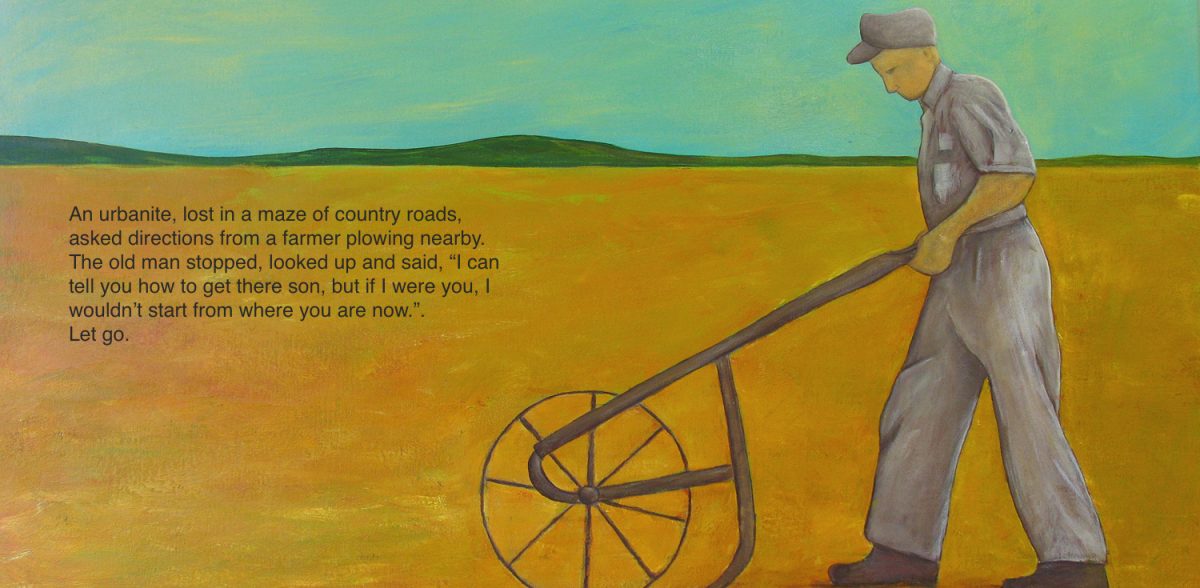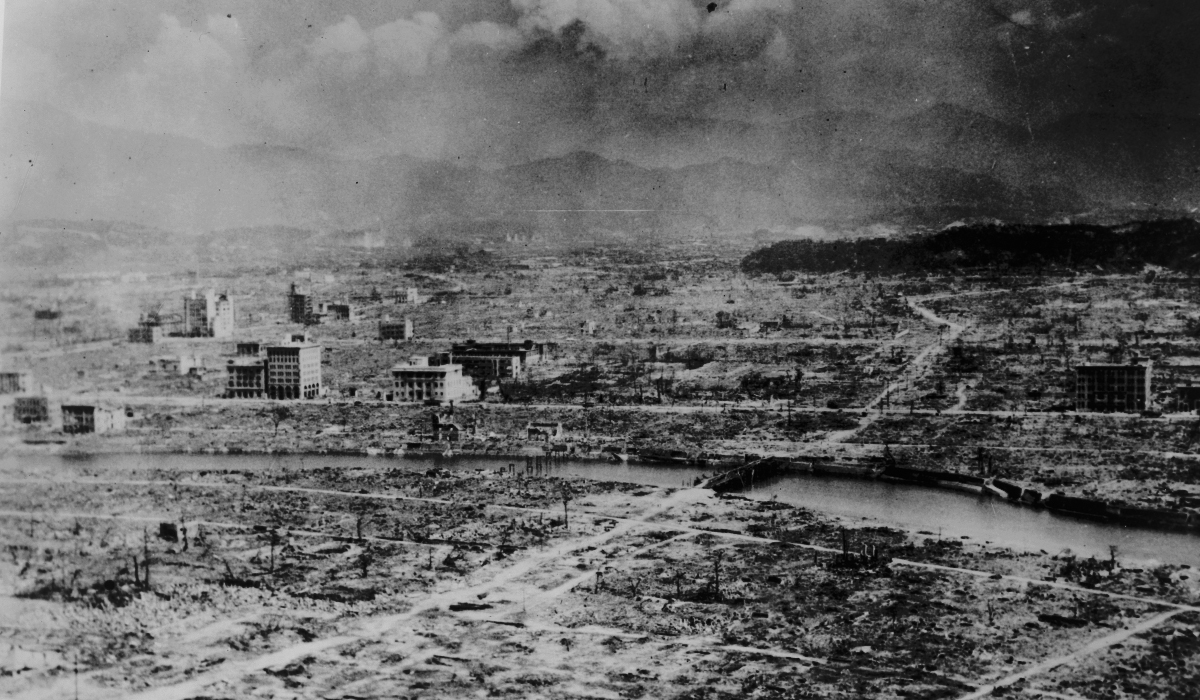.Intellectuality in our age is so esteemed that other attributes of human life are often relegated to the background. The success in one’s life, socially, economically, and politically, through the utilization of one’s intellectual gifts is not contestable. Institutions of learning, schools, and universities be they scientific, technical, artistic, or ecclesiastical, introduce and reinforce value systems which often exclude the relationships human beings have with each other. Learning institutions are not to be blamed since one cannot be taught love, empathy, integrity, or compassion. The spiritual dimensions of one’s life cannot be taught.
One cannot approach spirituality but with great reserve, uncertainty and often disbelief when one views the multitude of nonsensical claims and exercises of a most primitive nature, up to the many religious sects and doctrines embraced by well-meaning practitioners.
The witch doctor, the guru, the rabbi, the clergyman, set up the stage. They preach to their followers, “some individuals get to ‘heaven’ after they die, and some individuals don’t, and I will tell you how to get there, what to do, and how to be.” Accepting this, the individual follows the leader and ceases one’s own search.
Should one follow religious leaders who profess to know the way to salvation? Should one follow the atheists who deny their idea of God? Should one follow the goodniks who believe they will get a prize for being good? Should one follow the millionaires who believe their god is making them rich and comfortable?
One asks oneself if spiritual attributes are simply a moral exercise to achieve heavenly bliss, just as intellectual exercises enable one to obtain material satisfaction. Or, is spirituality simply the opposite to materiality (if you can kick it, it is real, but if you cannot touch it or see it, it is spiritual). To frame the investigation of spirituality in this manner is a trip down a blind alley.
Spirituality is not a phenomenon which can be described by the intellect and adopted by those seeking security. Spirituality is a true force in everyday life. Without it, life is simply robotic intellectualism.
The sources of the greatest problems in society are pride (the exaltation of one’s ego complex) and greed (the acquisition of things for ones’self) . Both stem from the mistaken self-image of that of an isolated individual in competition with other isolated individuals. Exercising one’s acquisitive nature effectively requires the use of power and a lack of empathy. It is very difficult for the individual to reflect on the possibility that the value of relationship transcends the concept of one’s self and one’s self pursuits. Coping with the environment, pursuing a career, raising a family, and still embracing a spiritual dimension in one’s life is no small challenge.
The spiritual life is not a route to obtain “pie in the sky when you die.” Life is relationships. There is nothing of an acquisitive nature in good relationships. The attributes of spirituality, love, empathy, integrity, and compassion are existential in nature and do not lead to something else. Accepting a spiritual dimension in one’s life is the recognition that no outside source can show one what to do, or what to seek, or how to be.
If one refuses to look inside oneself in the investigation of the spiritual, one is lost, because no outside source can do it for one. In looking inside oneself, one finds one is not a conditioned isolated ego. One does not find a dichotomy between the spiritual and the material. One finds that one is not alone and that all humanity is imbued by spiritual attributes. There is no question of arriving at some spiritual place, but rather recognizing the common spiritual values in relationships between each other. The force of spirituality is love. It is the milieu of the spiritual and is alive and well in many who walk this earth.
When one looks inside oneself, what one sees is who one is. There are not two, an observer and an observed. If one finds some person, some book, some ritual that one is dependent upon, one has not found oneself or the truth of relationships, spiritual value and the limitlessness of love and freedom.
Because the senses tell us we are individual people, we conclude that we have individual souls and we build a mythological journey for this soul. We ignore our real role of engagement in the dynamics of peaceful, loving humanity, and tell ourselves that the chaos will be resolved for us after our death when our soul goes to heaven. The belief that one has a soul in one’s body, and that at death the soul drifts off to a heavenly place, deters one from an inner journey, looking inside, taking responsibility for a personal quest. Upon exploring inner space, the ego loses its security and becomes frightened without its tools of greed and pride and the safeguards of its culture.
Everlasting life is not going to be some sort of surprise gift for the ego. When one acts completely unselfishly, one is not on one’s way to heaven. One is in it. Heaven is not a future reward for someone acting unselfishly. That is what heaven is – love. Heaven and love are here/now, not some goal one is in progress towards.
Control, attachment, and possession are no part of love, no part of heaven. Letting every speck of hatred out of one’s heart is not a movement towards some goal. You have found yourself. You are not going anywhere. You are there. You are not going somewhere else. Eternity doesn’t “begin” for you, it is ever-present. Death belongs to the cyclical. Death has lost its sting. You find love, you lose your self. One doesn’t love with one’s brain. The ego never was a generator of love.
This has been a short chapter on spirituality, because, in fact, spirituality cannot be explained. One must find it for oneself. It is not an intellectual pursuit, but the breadth and depth of love.

